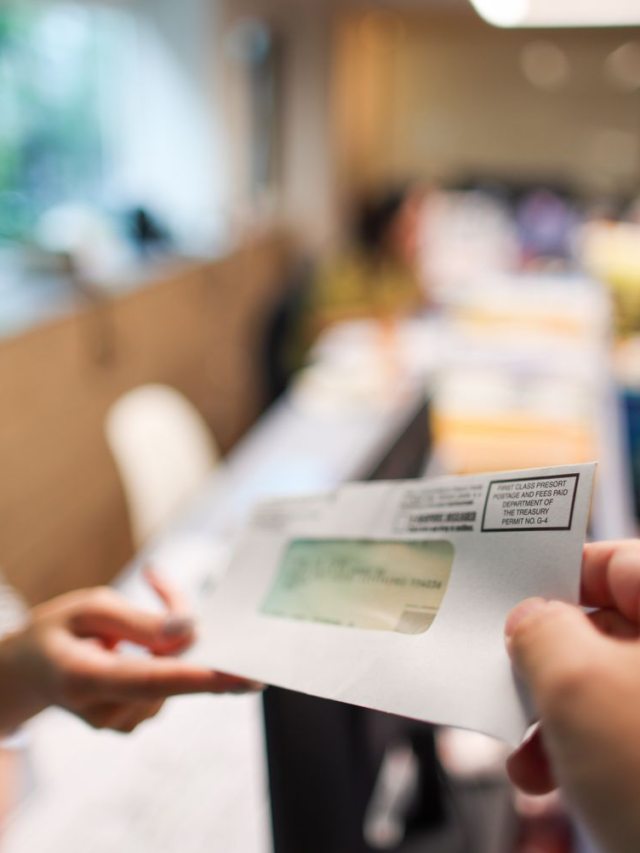Nissan Motor said on Friday it would abandon a plan to build a $1.1 billion factory for electric vehicle batteries on Japan’s southwestern island of Kyushu, marking the latest change of plans for the troubled automaker.
Japan’s third-biggest automaker had announced in January the plan for a lithium iron phosphate (LFP) battery plant in the city of Kitakyushu that was set to create about 500 jobs with an investment of 153.3 billion yen ($1.05 billion).
“Nissan is taking immediate turnaround actions and exploring all options to recover its performance,” the company said in a statement on the decision, indicating a willingness at Nissan to scale back its domestic market ambitions.
“After careful consideration of (the) investment efficiency, we have decided to cancel the construction of a new LFP battery plant in Kitakyushu City, Fukuoka Prefecture.”
The Japanese government had earmarked a subsidy of up to 55.7 billion yen for the project. The plant was supposed to start supply in July 2028 or later and have an annual production capacity of 5 gigawatt-hours (GWh), materials posted on Japan’s industry ministry’s website showed.
New CEO Ivan Espinosa, who took over from Makoto Uchida as chief executive last month, is currently restructuring Nissan’s operations. The company is shedding employees, reducing production capacity and closing plants.
Nissan said last month it expects a record net loss of 700 billion yen to 750 billion yen ($4.80 billion-$5.14 billion) for the financial year that ended in March due to impairment charges.
The company is set to provide its outlook for the current financial year and update on its recovery actions when it announces full-year financial results on Tuesday.






